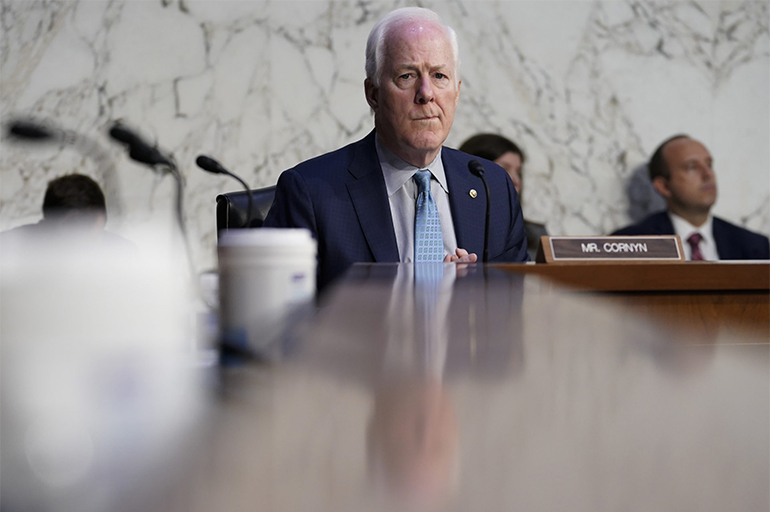
From the NRA-ILA
In June of 2022, the NRA announced its opposition to the so-called Bipartisan Safer Communities Act (BSCA). This legislation, we warned, “can be abused to restrict lawful gun purchases, infringe upon the rights of law-abiding Americans, and use federal dollars to fund gun control measures being adopted by state and local politicians.”
We also noted the bill left “too much discretion in the hands of government officials” with “undefined and overbroad provisions – inviting interference with our constitutional freedoms.” Sure enough, the Biden administration went on to establish an entire office within the White House dedicated to reading the BSCA as expansively as possible and to using every authority and appropriation contained in the legislation to restrict Second Amendment rights to the maximum extent.
Last week saw another grim milestone in this effort when the Biden Justice Department teamed up with the Bloomberg School of Public Health at John Hopkins University to launch the National Extreme Risk Protection Order (ERPO) Resource Center. This program will use your tax dollars to promote state “red flag” firearm seizure laws through raising awareness, advocacy, training, and the gathering of resources … down to links that can be used to access fillable forms for filing “red flag” applications.
The Center’s funding comes from $750 million the BSCA earmarked for “state crisis intervention programs,” which include “extreme risk protection order programs.” Colloquially known as “red flag” laws, these regimes allow police, health practitioners, family members, and – in some cases – even teachers and community members, to petition courts to suspend an individual’s Second Amendment rights and to order the seizure of otherwise lawfully-owned guns.
Many of these laws allow for ex parte emergency orders that authorize firearm seizures before the respondent even has an opportunity to answer the petitioner’s allegations. Those allegations, moreover, do not have to assert illegal activity, just vague concerns of the potential for future dangerousness.
Across the states, untold thousands of guns have been seized under these regimes from owners who did not stand accused, much less convicted, of any crime. And at least one fatality has occurred during the execution of a “red flag” order when the respondent allegedly brandished his gun in the presence of officers serving the order.
On the other hand, the typical red flag law provides no mechanisms for the stabilization or incapacitation of the supposedly dangerous individual, other than firearm prohibitions and seizures. Respondents may be otherwise left to their own devices and, indeed, left in possession of other types of weapons or means of committing lethal harm. The point – the entire point – is ensuring respondents cannot exercise the right to keep and bear firearms.
Biden’s Justice Department doled out $2 million to the Bloomberg School of Public Health for its part in the effort, which includes a website that extols the benefits of red flag laws, summarizes existing state red flag laws, and provides training in the laws’ implementation.
It also advertises training seminars to be held on the laws throughout the year and archives videos and other resources from past events. Even more ominously, the website in many cases links to fillable forms that can actually be used to apply for a red flag order in a given jurisdiction. It is about as close to “point, click, ban” as can be imagined (although completed forms must be printed and properly filed with the local courts).
Some members of Congress reacted with outrage to the DOJ/Bloomberg effort, with some claiming it exceeds the authorities established by the BSCA; U.S. House Judiciary Committee Chairman Jim Jordan (R-OH) announced an investigation into the newly formed center. The Biden administration, rarely one to let legal misgivings interfere with its agenda, is nevertheless aggressively pushing ahead, “challenging” the 29 states that have not passed red flag laws to do so and promising to reward those that come aboard with millions in federal grants.
Whatever plausible deniability supporters of the BSCA could claim when the pending legislation was being promoted as a “modest step,” it is long past the time when it could be characterized as anything other than a sprawling gun control omnibus whose pernicious effects are still unfolding. Stay tuned, as we have warned, for the Biden administration’s push for “universal” background checks, also brought to you by the BSCA. That effort could be unleashed at any time.
Give firearm prohibition advocates an inch and they’ll take a mile. That should be the takeaway of the BSCA for anyone who thinks even a “modest” proposal will not be abused by those who seek to destroy the right to keep and bear arms.

